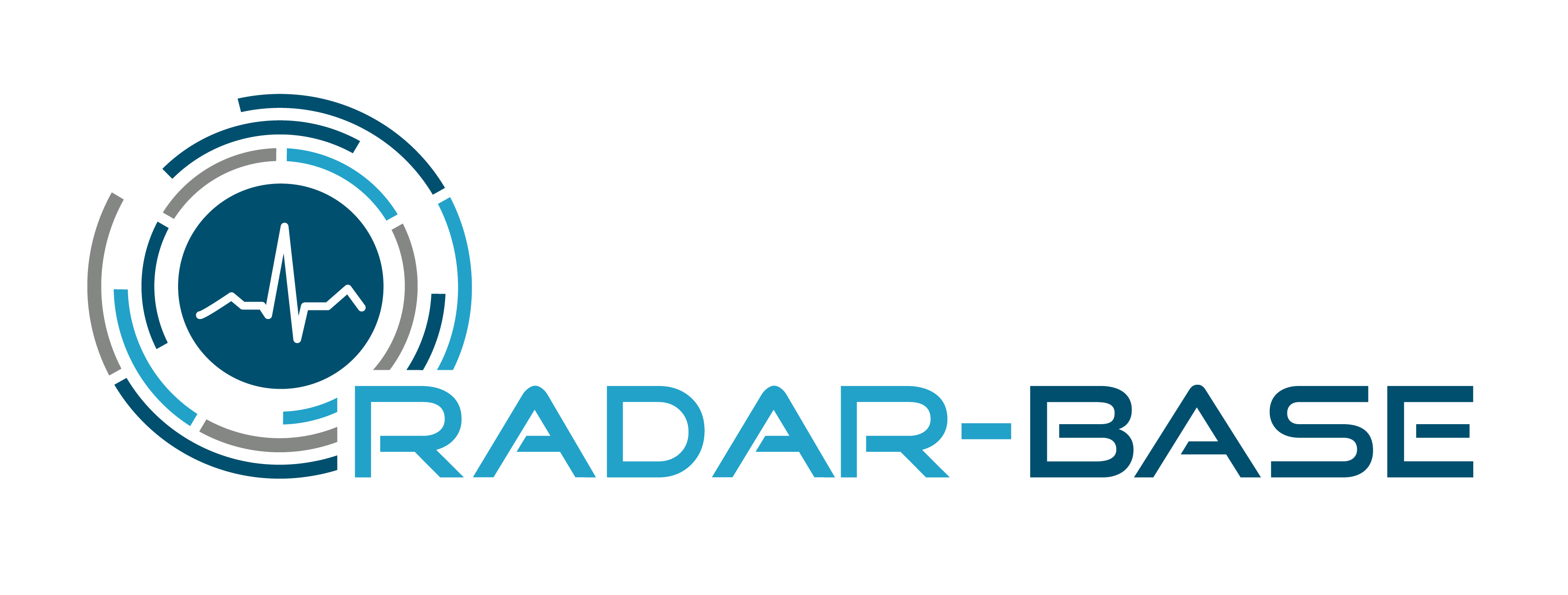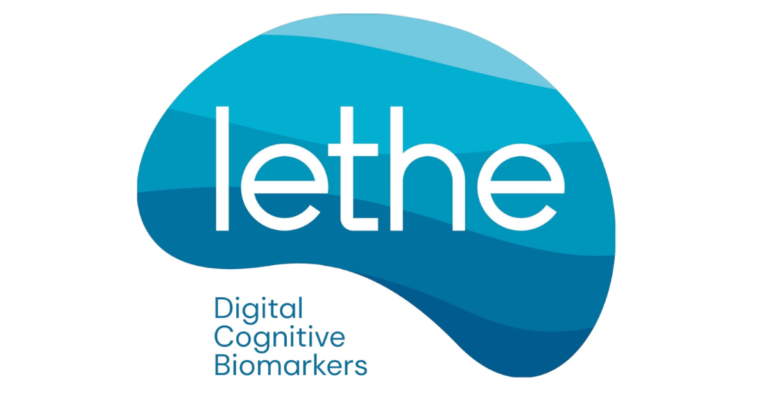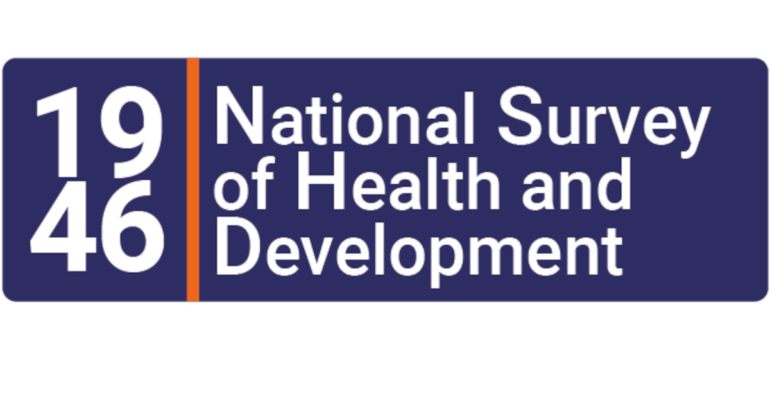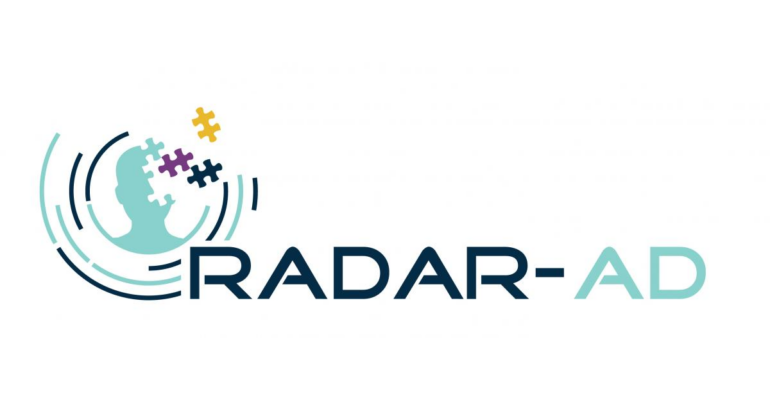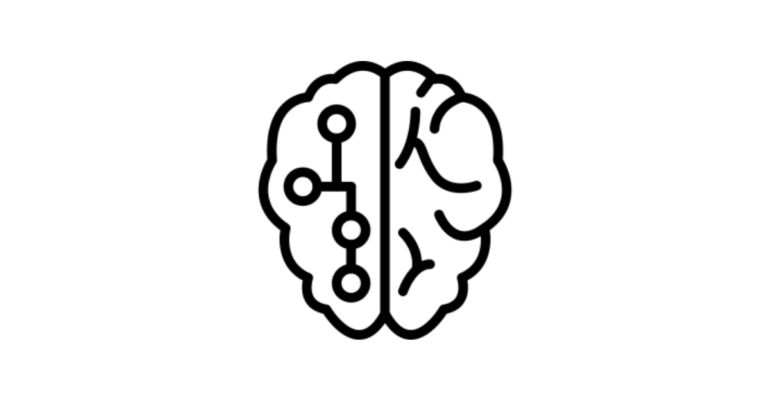CONNECT: Digital Psychosis Monitoring Trial
Psychosis monitoring in Connect using wearable devices and mobile phones CONNECT is a research study led out of the University of Manchester with the goal of employing digital technology to determine if we can predict when someone’s mental health may deteriorate. Individuals …
MAAM: Measuring Adult ADHD and Menstruation
MAAM: Measuring Adult ADHD and Menstruation Dr. Jessica Agnew-Blais, from Queen Mary University of London, has secured a UKRI grant to embark on a groundbreaking study focusing on Attention Deficit Hyperactivity Disorder (ADHD) in women. This research aims to address the significant …
🔔SPOTLIGHT: Comparing Oura and Garmin heart rate
Wearable technology has revolutionized the way we track our fitness and health data. With the increasing popularity of smartwatches and fitness trackers, it is now easier than ever to monitor our physical activity, sleep, and overall well-being. Two popular wearable devices, the …
LETHE: Digital Cognitive Biomarkers
LETHE: Digital Cognitive Biomarkers A personalized prediction and intervention model for early detection and reduction of risk factors causing dementia, based on AI and distributed Machine Learning This project has received funding from the European Union’s Horizon 2020 research and innovation programme …
NSHD: National Survey of Health and Development
NSHD: National Survey of Health and Development Cohort remote monitoring study The National Survey of Health and Development (NSHD) is a long-standing epidemiological study aimed at investigating the health and well-being of a cohort of individuals born in the United Kingdom in …
EDIFY: Eating Disorders in Young Persons
EDIFY (Eating Disorders: Delineating Illness and Recovery Trajectories to Inform Personalised Prevention and Early Intervention in Young People) EDIFY (Eating Disorders: Delineating Illness and Recovery Trajectories to Inform Personalised Prevention and Early Intervention in Young People) is a research project aimed at …
RADAR-CNS: Major Depressive Disorder
The MDD study is focused on the remote data collection aspect, since the study participants are not monitored in a hospital setting, but the data is collected passively in an real life assessment. Besides the sensor data from smartphones and wearables devices, participants actively …
RALPMH: Remote Assessment of Lung Disease
Background and study aims: Chronic obstructive pulmonary disease (COPD) is the name for a group of lung conditions that cause breathing difficulties. The term ILD encompasses a wide range of conditions affecting the lung tissue (as opposed to asthma and COPD, which …
SUBER Subcutaneous EEG Study
Subcutaneous EEG – Forecasting of Epileptic Seizures (SUBER) ClinicalTrials.gov Identifier: NCT04061707 Sponsor: King’s College London Funding Institution: Epilepsy Foundation Subcutaneous EEG – Forecasting of Epileptic Seizures (SUBER) is a 1-year observational study (n=10), where patients with refractory focal epilepsy will undergo ultra-longterm continuous recording of …
